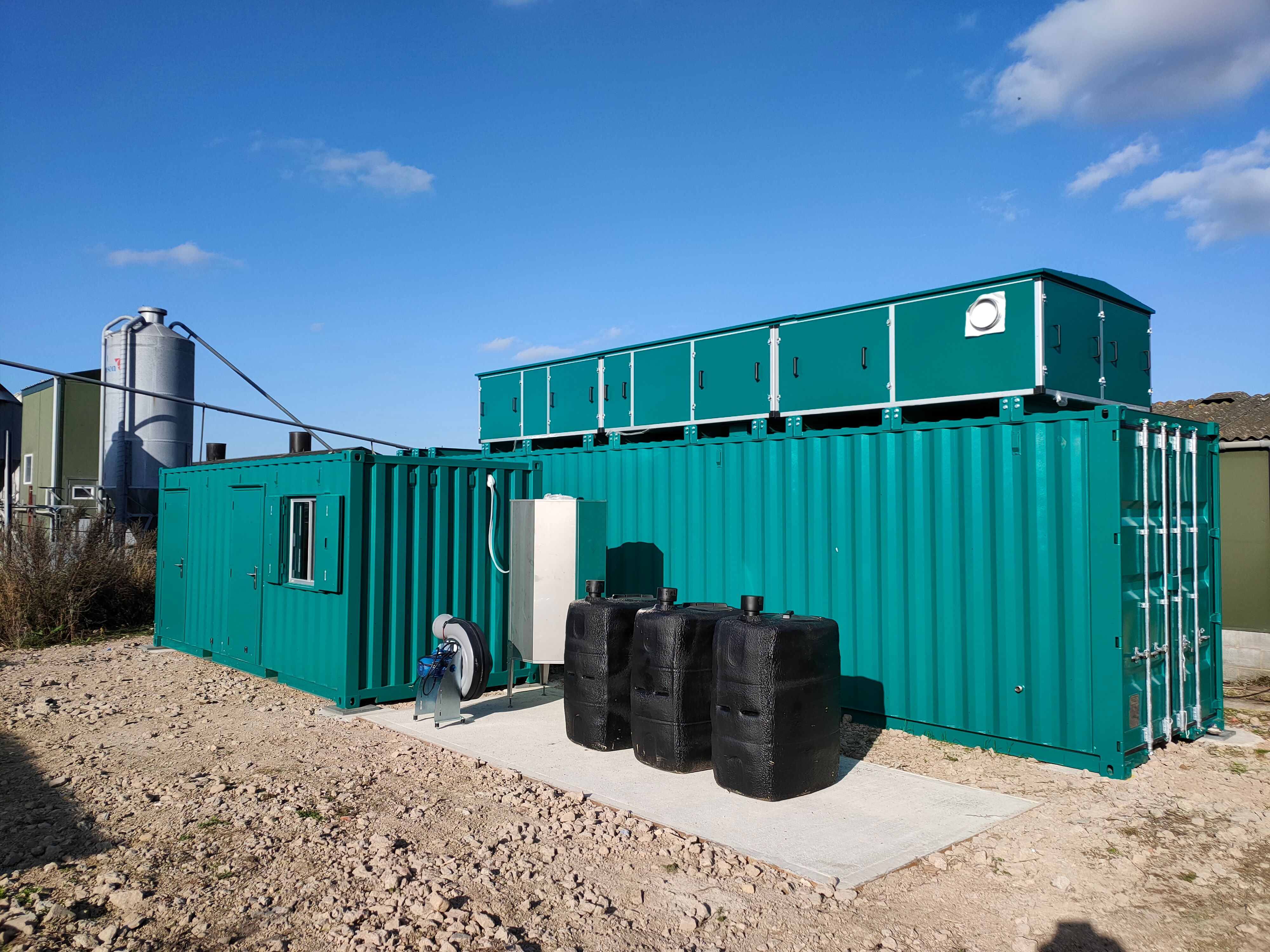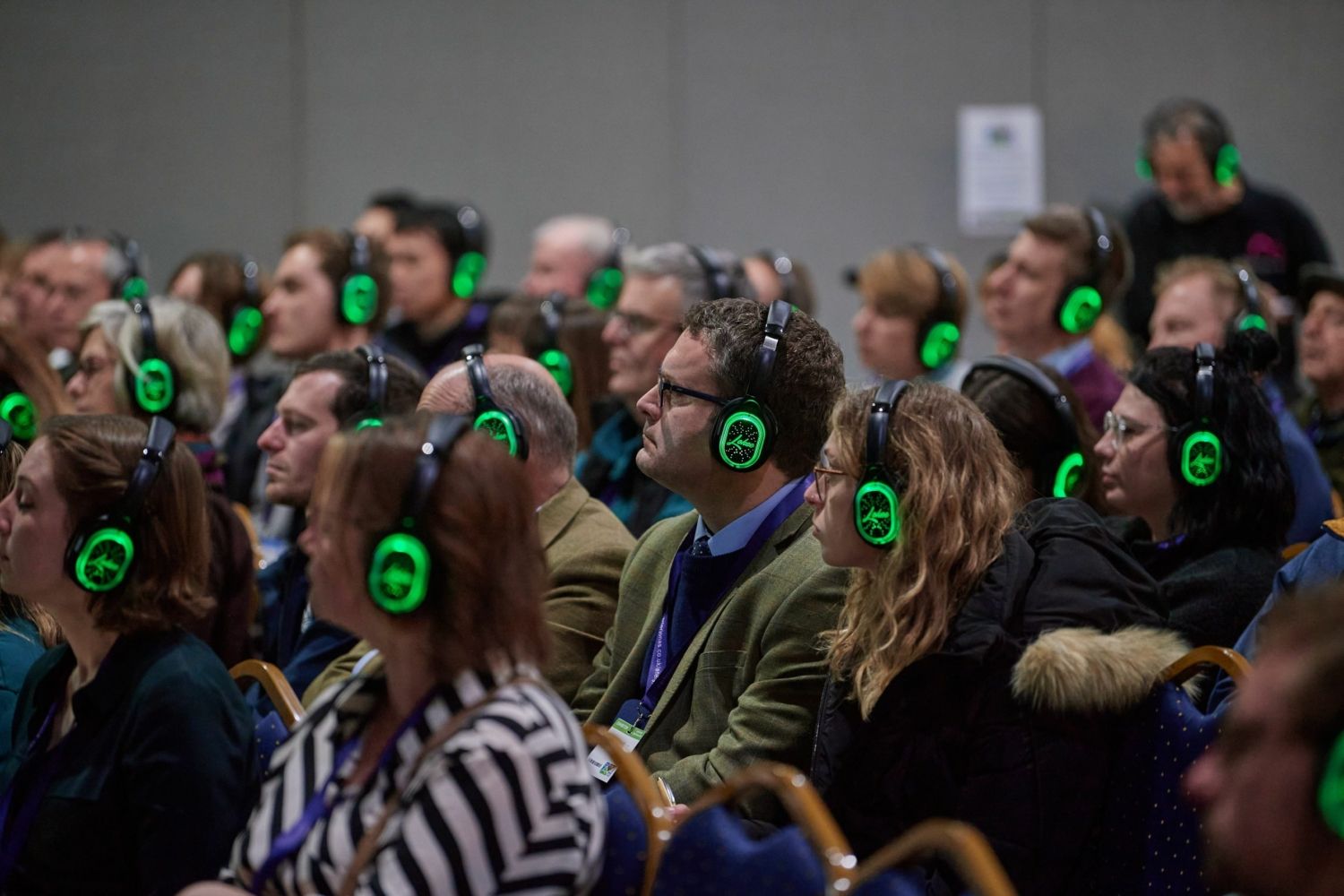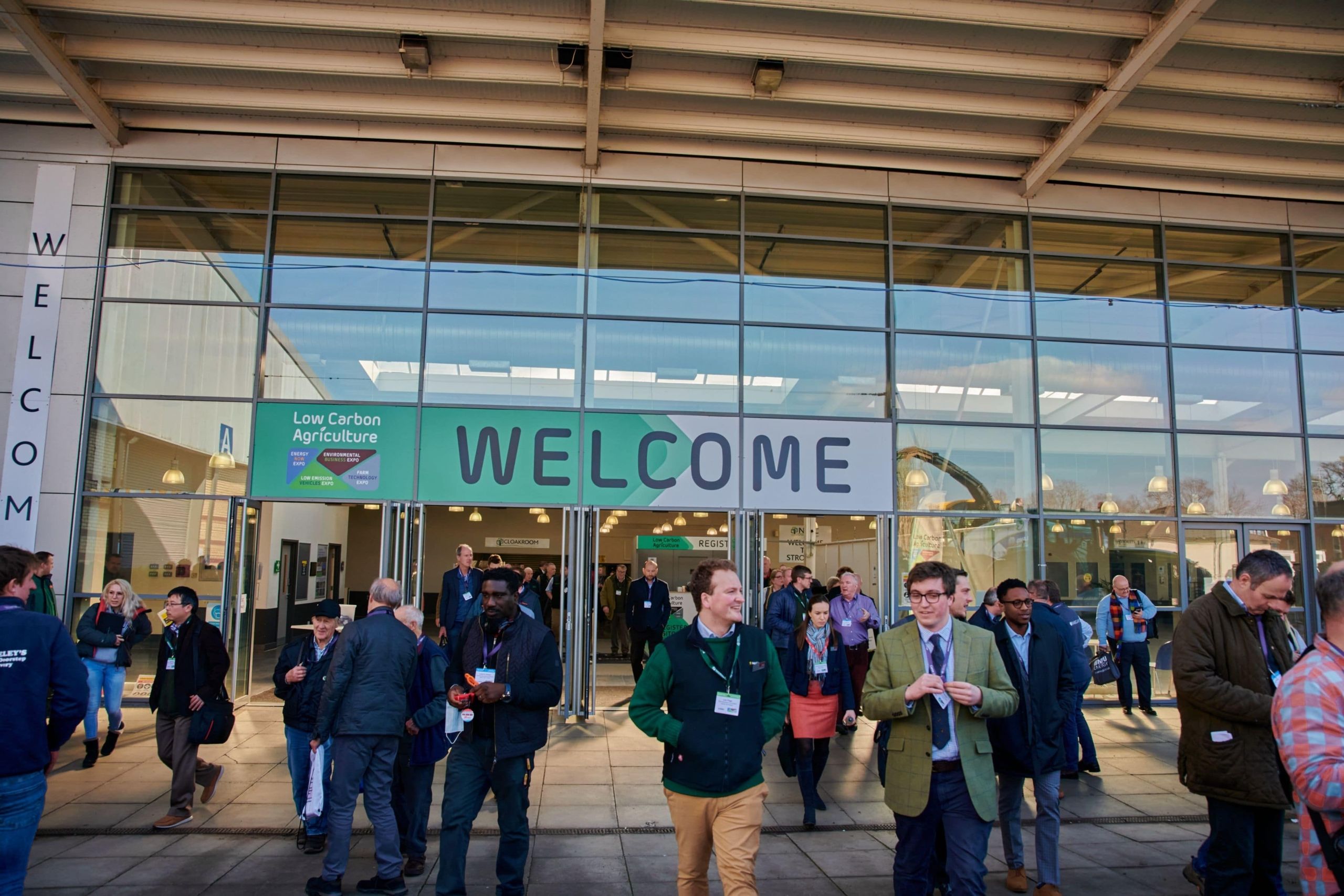Insects in farming – supporting economic and environmental sustainability

From serving as protein-rich feed ingredient for livestock to aiding waste management and energy production, insects are proving to be valuable allies in promoting sustainability and efficiency within the farming industry.
The promising application of insects in agriculture has galvanised in recent years, most notably down to their potential as a sustainable protein source for livestock. As global demand for meat rises, traditional feed ingredients like soybeans and fishmeal contribute to deforestation and overfishing.
Insects can offer a more sustainable alternative. They can be bred and raised on organic waste such as by-products from agriculture and food processing, minimizing the environmental footprint associated with feed production.
Insects also require significantly less resources, such as land and water, to thrive compared to traditional livestock feed sources.
As the insect farming industry grows, so has interest in its role in waste management. Animal waste, particularly manure and slurry, presents significant environmental challenges due to its potential for nutrient runoff and greenhouse gas emissions.
According to Environment Agency, animal waste is the biggest cause of river pollution in the UK thanks to its high levels of phosphate and nitrate.
Insects, such as black soldier fly larvae, thrive on biomass and through their feeding activities, convert waste into valuable by-products such as frass that can be reintegrated into agricultural systems to enhance soil health and crop productivity.
The utilization of insects in waste management not only mitigates environmental pollution but also offers economic benefits to farmers. By transforming waste into a valuable resource, farmers can reduce disposal costs associated with waste management while simultaneously producing nutrient-rich fertilizer for crop cultivation.
Waste valorisation using Black Soldier Fly Larvae has untapped commercial potential, an area of research which is being uncovered by the DELIVER project. Led by decarbonisation consultancy, BACB Renewables, in partnership with University of Leeds, it aims to assess the feasibility of integrating technologies such as solar, battery and heat pumps and anaerobic digesters on livestock farms, including insects, to explore viable commercial opportunities in energy generation and waste valorisation.
We’re doing this by:
- Baselining current on-farm energy demands of two livestock farms, including the University of Leed's National Pig Centre, to look at energy reduction and generation/storage opportunities
- Sampling on-farm waste streams to identify the most viable one for biogas and insect production
- Analysing the nutritional and microbiological composition of the waste to inform optimal integration of multiple modularised technologies, including conventional renewable energy technology such as solar PV, Battery, Heat pump and a biofilm AD reactor as well as a pressure swing absorber and CO2 processor and the University’s containerised insect farm
- Air quality monitoring to evaluate the impact of external air quality on internal air quality in nearby pig rearing sheds
This initial feasibility study will provide robust data to assess how an on-farm demonstrator, including chosen technologies and farming systems, could be built at the University’s research farm to enable the collection of real-time data. This future ambition could provide tailored, de-risked energy and waste solutions for livestock farmers.
Discover more about project by attending the Low Carbon Agriculture Show on 7th March, where Drs. Gesa Reiss, Innovation Fellow at University of Leeds and Lloyd Glanville, Manager Director at BACB Renewables will be joining the waste management panel from 3:10pm.



